Let’s be real for a second. Have you ever had that moment, maybe late at night, where you’re lying in bed and suddenly your feet feel… off? Not just a tingle, but a kind of numbness, burning, or an ache that lingers way past what feels normal. You wiggle your toes, hoping it goes away. But it’s still there. That little voice in the back of your head wonders—could all those nights out with drinks, the casual glasses of wine, or the wild weekends, have something to do with it?
If you’ve ever found yourself scrolling the internet at 2AM, typing “alcohol related neuropathy symptoms” into your phone with one hand while rubbing your calf with the other, you’re not alone. It’s a heavy topic, and yeah, it’s a bit scary too. But let’s talk about it—no judgment, just honesty and hopefully a few laughs along the way. We’re going to unpack what alcohol related neuropathy really feels like, why it happens, and most importantly, what you can do about it, step by step. Ready? Let’s dive in.
What Is Alcohol Related Neuropathy? (And Why Should You Care?)
First up: what does this fancy phrase even mean? “Neuropathy” is just a way of saying your nerves—those tiny wires running all through your body—aren’t working the way they should. Toss “alcohol related” in front, and it’s about nerves being damaged by alcohol.
Now, I know what you might be thinking. Does this only happen to people who drink way too much, all the time? Not necessarily. While heavy, long-term alcohol use is the main culprit, even folks who wouldn’t call themselves “alcoholics” can find themselves facing nerve issues if their bodies can’t process alcohol well. Sometimes it sneaks up, especially if you’re in your 20s and think you’re invincible—yep, alcoholic neuropathy in 20s is a thing. Real unfair, right?
Here’s what’s going on: alcohol doesn’t just mess with your mind. It can starve your body of key nutrients (think of B vitamins, which your nerves really love), poison your nerves directly, and even make your immune system a little cranky. The result? Those weird sensations in your feet and hands—the places farthest from your core, which nerves reach last.
How Does Alcohol Actually Hurt Your Nerves?
Picture your nerves like internet cables, carrying signals from your brain all the way to your toes. Now, imagine pouring a little corrosive liquid on those cables every day. Over time, they short out, fray, or stop working altogether. That’s kind of what alcohol does to nerves. It disrupts how signals travel, so you might get numbness, burning, pain, or even trouble walking. (And don’t get me started on dropping things or stumbling for no good reason.)
What About If You’re Young? (Alcoholic Neuropathy in Your 20s)
Maybe you’re thinking, “Okay, but I’m young—surely my nerves bounce back, right?” Sometimes, yes, but not always. There are real stories of folks in their 20s who’ve found themselves with tingling toes and doctor’s visits they never expected. Maybe their bodies just aren’t great at processing alcohol, maybe it’s genetics, or maybe it’s a run of really wild weekends catching up all at once. The point? Neuropathy can show up earlier than you’d think, and nobody is immune.
A Real-World Story
Take Anna, 27, who always thought hangovers were the worst consequence of a fun night out—until she woke up and realized her toes were numb, day after day. Doctors ran tests, asked about her lifestyle, and yep, it turned out alcohol had been quietly damaging her nerves for years. Anna’s story isn’t rare, and honestly, it could happen to anyone. (If you’re reading this and relating… you’re not alone. Really.)
| Condition | Main Cause | Common Symptoms |
|---|---|---|
| Alcoholic Neuropathy | Long-term, excessive alcohol use | Numbness, tingling, muscle weakness |
| Diabetic Neuropathy | High blood sugar (diabetes) | Numbness, pain, ulcers, slow healing |
Common Alcohol Related Neuropathy Symptoms: What Does It Feel Like?
Alright, let’s get to the real stuff: what does alcohol related neuropathy actually feel like? Everyone’s experience is a little different, but there are patterns—and they can get real annoying, real fast.
Early Warning Signs You Shouldn’t Ignore
Sometimes it starts as a faint tingling, almost like you slept on your foot weird and can’t shake off the pins-and-needles. Or your fingers feel numb and clumsy. These symptoms love to start in the toes and feet (sorry, runners), then move up your legs. Hands can join the party too. You might notice:
• Numbness or less sensation in your feet and hands
• A burning or stabbing pain that shows up randomly (and sticks around, because why not)
• Feeling like you’re wearing invisible socks or gloves
• A weird, buzzy “electric” feeling in your limbs
Advanced Symptoms: When It Starts Messing with Daily Life
As things get worse, symptoms can get way more intense. Walking might feel shaky, you might trip more, or notice you’re dropping your keys a lot. Muscle weakness, foot cramps, loss of coordination, or trouble sensing where your feet are? Those can all pop up. Even tiny things, like buttoning a shirt or picking up coins, can suddenly turn into a struggle.
It’s not just about pain or numbness. Alcoholic neuropathy can make your muscles waste away if left unchecked—so yeah, it’s a big deal.
Is Everyone’s Experience the Same?
Nope, not even close. Some folks feel mostly numbness, others just weird burning pain. Some get both, or have it come and go. Factors like age, overall health, genetics, and yep, the amount and type of alcohol you drink, all play a role. If you already have another nerve issue (like diabetic neuropathy), alcohol can make it so much worse. It’s like throwing gasoline on a bonfire—that’s why the link between alcohol and neuropathy from diabetes gets a lot of attention.
Real-World Example: What It Actually Feels Like
Let’s get raw for a second. Imagine waking up, and it feels like the floor is made of bubble wrap under your feet. Every step is just a bit “off,” sometimes prickly, sometimes numb, sometimes stabbing. Your fingers fumble with your phone. It’s annoying, embarrassing, and honestly, makes you feel old before your time. If you’ve felt any of this, give yourself a little grace. It’s hard—and there is hope.
| Stage | Symptoms |
|---|---|
| Early | Mild numbness, tingling, burning sensations |
| Moderate | More frequent pain, clumsiness, muscle cramps |
| Advanced | Severe weakness, muscle wasting, mobility issues |
Diagnosis & Medical Insight: How Do You Really Know?
Okay, so you’re worried. Maybe you see yourself in the symptoms above. What next? Getting a proper diagnosis is crucial, because lots of stuff can cause nerve symptoms. Don’t just assume it’s alcohol—get checked! A good doctor (neurologist, often) will listen, do a full history, probably run blood work, and maybe a nerve test (like an EMG or nerve conduction study).
What Will a Doctor Actually Do?
Doctors will look for things like vitamin deficiencies, blood sugar issues, or other causes. They’ll probably ask about your drinking habits—be honest, because this isn’t about judging you, it’s about figuring out how to help. The right diagnosis means the right treatment, sooner. (And that means less pain for you.)
Why the Details Matter
Here’s why getting it right matters: if you just treat the pain, but not the root cause (the alcohol), symptoms usually stick around, or even get worse. But if you address the real culprit, nerves can sometimes heal. (Yeah, nerves aren’t as stubborn as you think!)
Doctor’s Orders: What to Bring Up
If you’re seeing your doctor, jot down what you’ve noticed—when the symptoms started, what they feel like, if anything makes them better or worse. The more details, the better. And don’t be embarrassed! Doctors see this stuff all the time.
Treatment Options: Can You Reverse Alcohol Neuropathy?
This is the million-dollar question, right? Can alcohol neuropathy be reversed, or does alcohol neuropathy go away on its own?
The Truth About Reversing Symptoms
Here’s the honest answer: sometimes. If the nerve damage isn’t too far gone, quitting alcohol and taking care of your body (with good nutrition and vitamins) can actually help nerves recover. Is alcoholic neuropathy reversible for everyone? Not always. Some symptoms can stick around for months, even years, and sometimes the damage is permanent. (But that’s rare if you catch it early and make changes.)
How Long Does Alcohol Neuropathy Last?
Alcoholic neuropathy recovery time isn’t a one-size-fits-all thing. Some people start feeling better within a few months, especially if they stop drinking and follow treatment plans. Others might take a year or more. If you’re worried, don’t lose hope—progress can be slow, but it does happen. Every step in the right direction matters.
Does Alcohol Neuropathy Go Away?
Some symptoms might fade if you quit drinking and stick with your doctor’s advice. Others might hang around. But you can always take steps to make things better—managing pain, using supportive devices, and giving your nerves the love (and rest) they need.
Recovery Stories—What It’s Really Like
Let’s be honest, recovery isn’t instant. Take Ben, who swore off alcohol after years of numb toes. He said, “For the first few months, it didn’t feel like anything changed. Then suddenly, one morning, I felt the floor with my feet for the first time in years.” Small victories, big progress. It takes patience and kindness toward yourself. And yeah, you might need to lean on friends or support groups, because going it alone is rough.
Here’s a quick look at treatment options you might encounter:
- Quitting alcohol completely (this is #1—nothing works without this step)
- Replenishing vitamins, especially B1 (thiamine) and B12
- Pain management (medications, creams, sometimes even antidepressants for nerve pain)
- Physical therapy or gentle exercise
- Orthotics for extra support if your feet are weak—so yes, if you’re wondering, will orthotics help alcohol neuropathy? For some folks, absolutely!
- Counseling or support groups, because healing isn’t just physical—it’s emotional too
Living With Alcoholic Neuropathy (And Still Enjoying Life!)
This is the part nobody tells you—yes, you can live well, even with nerve issues. Maybe you need to adapt a bit. Maybe you need a cool new pair of orthotic inserts in your shoes, or some comfy socks that make walking less painful. But life isn’t over. Far from it!
Can Supportive Devices (Like Orthotics) Really Help?
So, will orthotics help alcohol neuropathy? Sometimes, the answer is a big yes. Orthotics—special insoles or braces—can ease pain, improve balance, and keep you moving. They don’t “fix” the nerves, but they can help you avoid tripping or falling while your body does its best to heal.
How Do You Manage Symptoms, Day by Day?
Start with small stuff: wear comfy shoes, avoid walking barefoot, and check your feet and hands for injuries you might not feel right away. Simple stretches, gentle exercise, and talking to your doctor about pain relief can make a world of difference. Remember, even on hard days, you’re not alone.
Alcohol and Neuropathy from Diabetes—What’s the Connection?
If you already have diabetes, adding alcohol to the mix is like stacking weights on your nerves—eventually, something’s gonna give. Diabetic neuropathy is already common, but throw in alcohol, and symptoms tend to get worse, faster. It’s why doctors sometimes seem a bit “extra” about warning folks with diabetes to limit (or avoid) booze altogether.
Comfort Tips for Home
A few ideas to make your days a bit easier:
- Use thick, padded socks for cushioning
- Keep your home well-lit to avoid tripping
- Try a warm (not hot!) foot soak when pain flares up
- Keep your feet clean, dry, and moisturized—your nerves will thank you
- Ask for help! There’s zero shame in leaning on loved ones or support groups
| Device | Purpose |
|---|---|
| Orthotic Inserts | Improve foot stability and reduce pain |
| Cane or Walker | Provide extra support if balance is an issue |
| Padded Shoes | Protect numb feet from injury |
Prevention and Looking Forward: Protecting Your Nerves for the Future
Let’s end with hope—because that’s what you deserve. The best way to prevent or stop alcohol related neuropathy symptoms from getting worse is to address them head-on. No shame, no guilt, just facts and kindness.
How Can You Prevent Further Nerve Damage?
First, cut down (or cut out) alcohol. Your nerves will thank you. Focus on a nutritious diet with lots of vitamins, especially the B’s. Get moving, even if it’s just a daily walk. And check in with your doctor regularly—they’re not just there for when things go wrong. If you notice new symptoms or things are getting worse, ask for help early. The sooner, the better.
When Should You Seek Help?
If you notice numbness, tingling, burning, or pain that just won’t quit—especially in your feet or hands—don’t wait. Nerve problems can get worse if ignored. Red flags include sudden weakness, falls, open sores, or severe pain. It’s never too early or too late to ask for advice.
Finding Your Support Network
Dealing with nerve issues can feel lonely, but there are others out there who get it. Connecting with support groups (online or in your area), counseling, or even just a good friend to talk to can help lighten the load. There are also credible organizations, like the National Institute of Neurological Disorders and Stroke, and Alcoholics Anonymous, which offer resources and guidance if you need a bit more info.
Conclusion: You’ve Got This—Here’s to Healthier Nerves
If you’ve read this far, you’re already taking your first step toward understanding and healing. Alcohol related neuropathy symptoms can be confusing and, at times, overwhelming. But knowing what’s happening in your body gives you the power to act, make changes, and maybe even reverse some of the damage. It’s never about perfection, just about progress. Whether you’re dealing with a little tingling or a lot of pain, remember: you’re not alone, and there’s always hope for brighter, less tingly days ahead.
If you’re curious, worried, or have your own story to share, don’t keep it bottled up—ask questions, reach out, and take care of yourself. Your nerves (and your future self) will thank you for it.

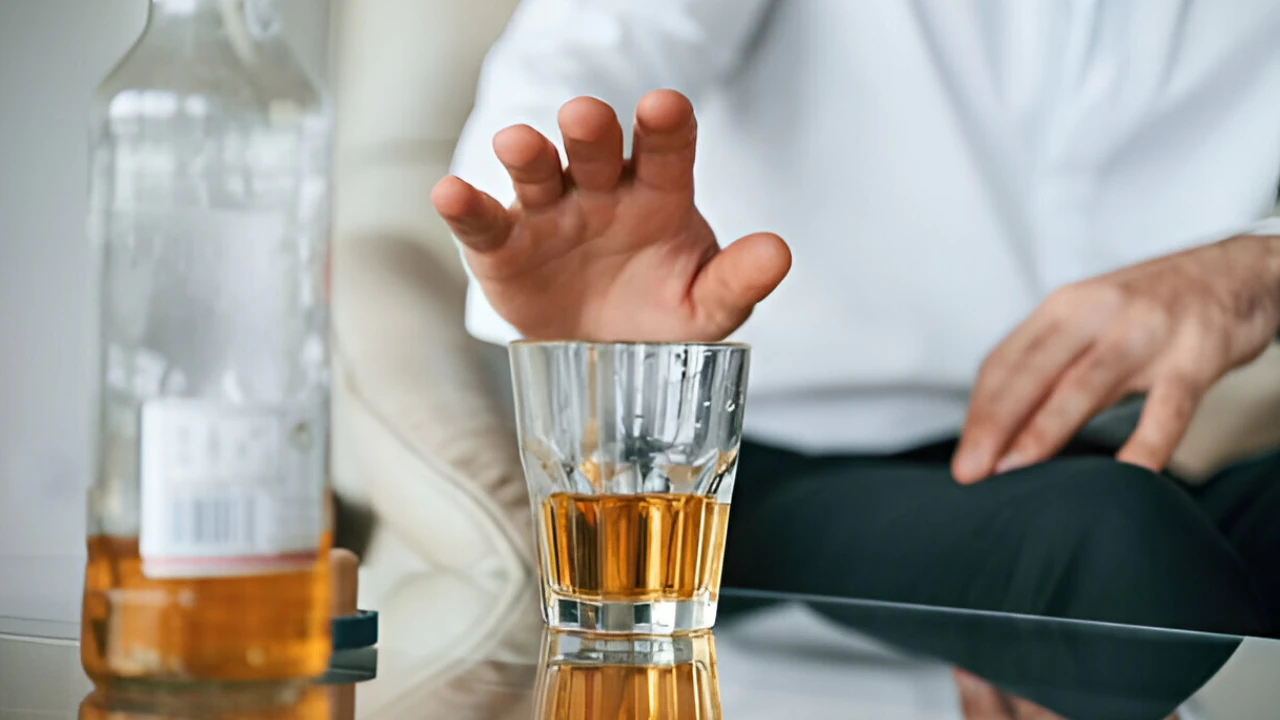

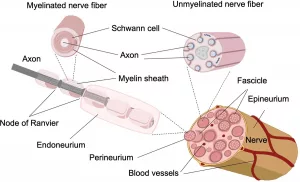

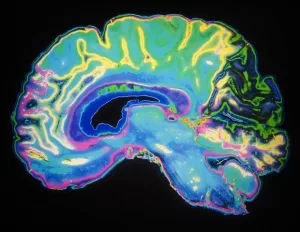

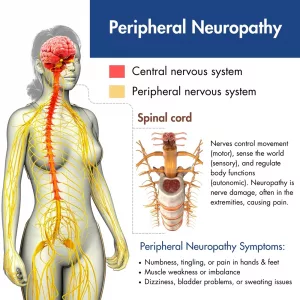
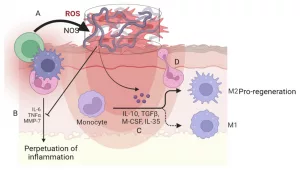
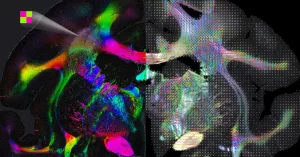
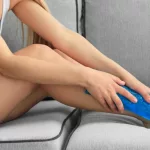







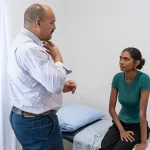

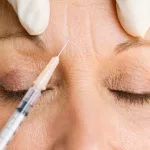
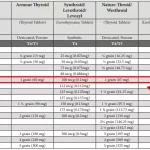
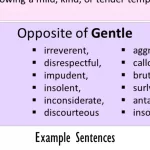
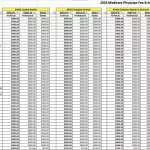
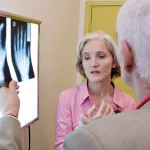
Leave a Reply
You must be logged in to post a comment.